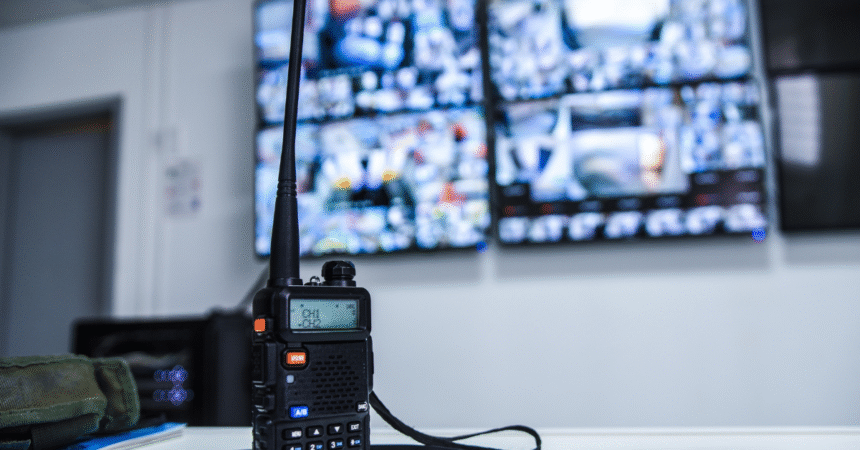Islamabad, Pakistan – In a move to enhance national security and prevent crimes, the Pakistan government has authorized the Inter-Services Intelligence (ISI) to conduct phone tapping, according to a gazette notification issued by the Ministry of Information Technology and Telecommunication. This authorization comes under Section 54 of the Pakistan Telecommunication Act.
The notification grants the ISI the power to trace calls, messages, and any form of communication, with at least an officer of grade 18 appointed to oversee this task. However, this move raises concerns about privacy and legality, especially after the Islamabad High Court (IHC) recently ruled that phone tapping without a legal mechanism is illegal.
Last month, the IHC rejected the additional attorney general’s request for an in-chamber hearing in the audio leaks case, with Justice Babar Sattar expressing concerns about the legality of the Standard Operating Procedure (SOP) established by the Ministry of Interior. The SOP allows ISI and IB to directly retrieve data from service providers, but the court questioned its validity since it was issued by a section officer rather than the appropriate authority.
The authorization of phone tapping has sparked debate about the balance between national security and individual privacy. While the government argues that it is necessary for crime prevention and national security, critics fear that it could lead to abuse of power and infringement on citizens’ rights.







